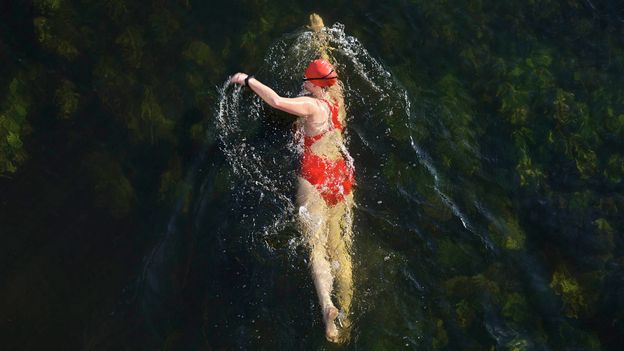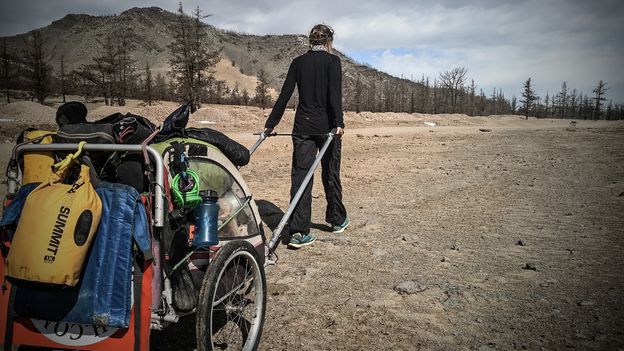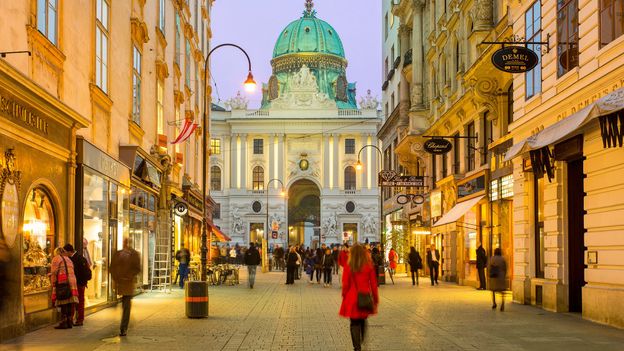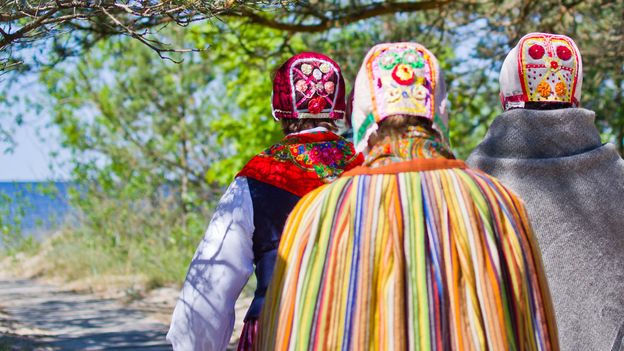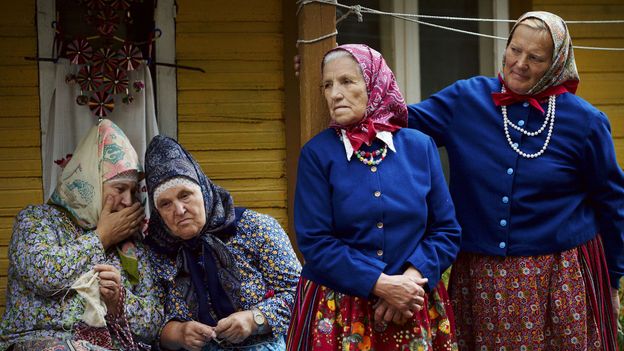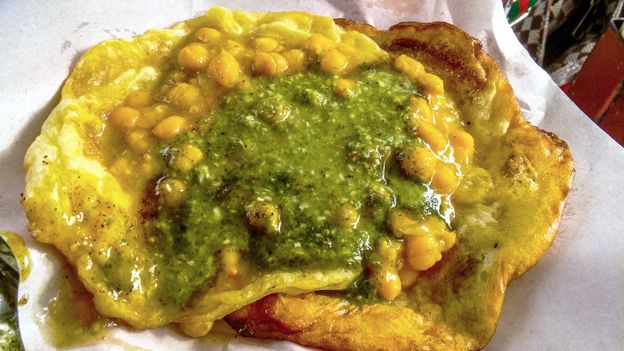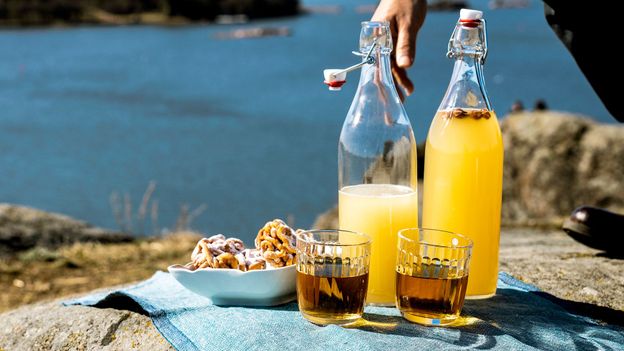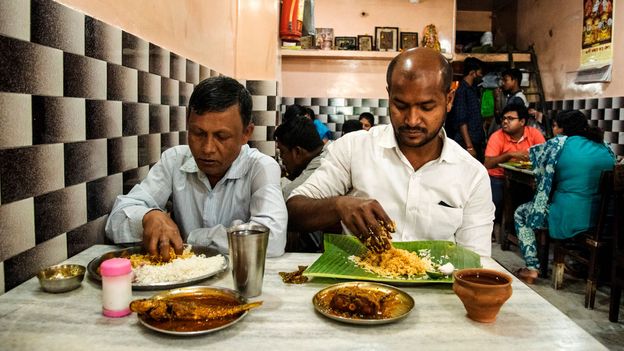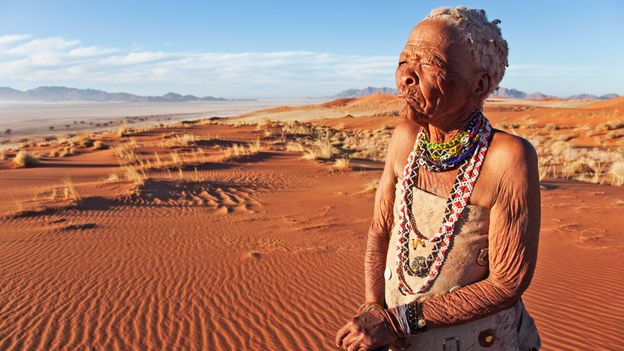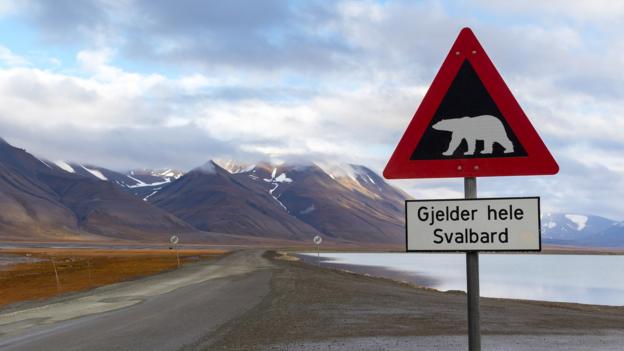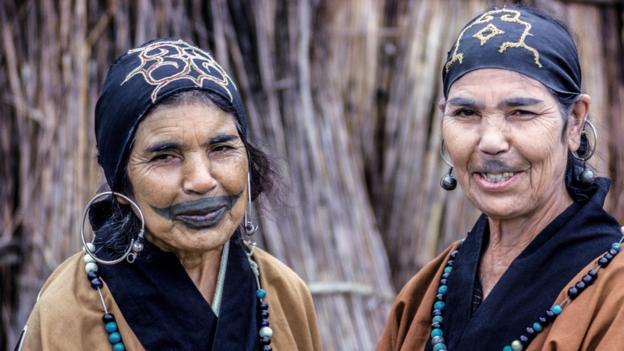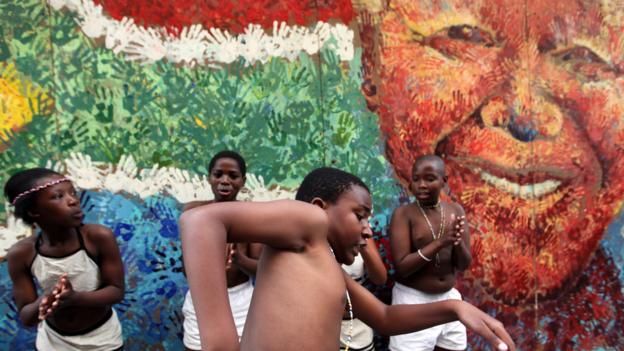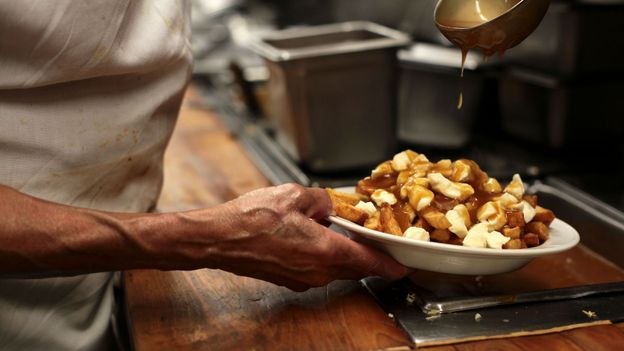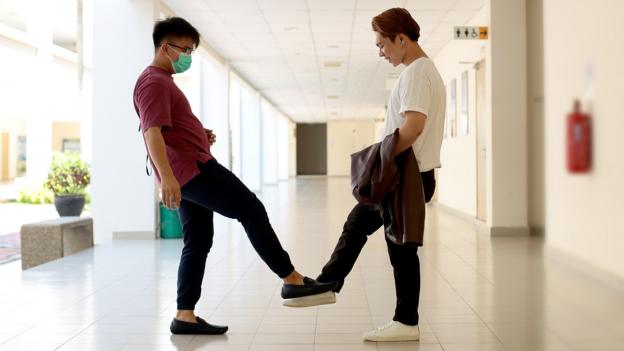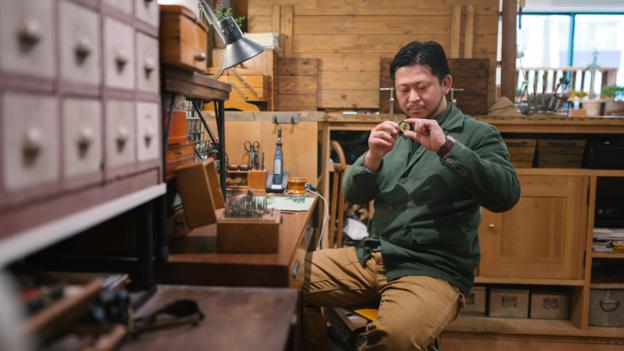Strolling the promenade of Lake Lugano, palm trees frame a view of snow-covered mountains, offering a hint of the Mediterranean in the middle of the Alps. The area’s beauty so entranced Victorian-era travellers that they named a section of the waterfront “Paradiso”, the Italian word for paradise.
Our coverage during coronavirus
While travelling is on hold due to the coronavirus outbreak, BBC Travel will continue to inform and inspire our readers who want to learn about the world as much as they want to travel there, offering stories that celebrate the people, places and cultures that make this world so wonderfully diverse and amazing.
Fortravel information and stories specifically related to coronavirus, please read the latest updates from our colleagues at BBC News.
But in the tiny town of Campione d’Italia things aren’t as heavenly as they appear.
The town, an outpost of Italy entirely surrounded by Switzerland, has been caught in a diplomatic realignment since the first of the year. Unemployment is soaring and basic government services have been disrupted, all of which have only been exacerbated by the coronavirus pandemic.
“It’s like you love a woman who is dying. It is the same,” said lifelong resident Antonio Mariniello, perhaps proving the point that the village’s soul brims with Italian passion, not traditional Swiss reserve.
The town is a geographic rarity known as an enclave – a territory completely surrounded by another territory. It’s also an exclave, a closely related term describing a portion of a territory separated from its main part by another territory. While it’s less than a mile hike to the Italian border through the wooded hillside above town, it’s a 40-minute drive to Como, the Italian region’s governmental centre.
Residents are accustomed to their quirky status, which stretches back more than a millennium. Under a long-established agreement between the two countries, they worked in the Swiss customs territory, paid bills with Swiss francs and were served by Italian police that drove Swiss-licenced cars. Municipal services, from rubbish collection to education, were supplied by Switzerland. The town of just more than a square mile attracted tourists from the Swiss city of Lugano on the opposite side of the lake, who were drawn by its most notable landmark, Europe’s oldest and biggest casino, Casino d’Campione.
But two years ago, the gaming house declared bankruptcy, throwing nearly 500 employees out of work in a town of just 2,000 residents. Empty storefronts now line its main street, and the cash-strapped town has closed its kindergarten and cut city services. Pensioners saw their monthly stipend slashed, forcing some to turn to food banks for groceries.
Then on the first day of 2020, Campione was forced to re-join the Italian economy and thus the EU, a move initiated four years ago by government leaders in Rome. The move has been called a “Brexit al contrario” (reverse Brexit) by the head of the local citizen’s committee opposing the change.
Finally, came the coronavirus, which has further complicated daily life. The Lugano municipal bus, which used to circle through the town several times a day to serve commuters, shoppers and tourists, can no longer enter Italy due to the country’s strict quarantine travel restrictions. So now residents must walk to the border to catch a ride.
You may also be interested in:
• Germany’s tiny geographic oddity
• Europe’s strange border anomaly
• The tiny nation you’ve never heard of
Despite all these disruptions, one factor minimises the sting. The village has a prime lakefront location in the middle of a region world-famous for its beauty and glamour. Bernard Fournier, a chef who owns Da Candida, Campione’s Michelin-starred restaurant, remembers his first visit felt like he was in the French Riviera. “It reminded me of Saint-Tropez.”
Indeed, residents say there’s a different feeling to Campione.
“It’s the best of both worlds,” said Frances Coates, who was raised near Manchester, England, but moved here with her Italian husband 20 years ago. Now widowed, the former teacher works as a sanitation worker. She says she loves her adopted hometown, which balances Swiss order with Italian verve. “People are a bit gossipy and complaining, but with a sense of humour. Above all, there’s a certain cuore, the Italian heart.”
But joining the European Union has been tough on Campione, leading to a multitude of changes, many unanticipated. With the agreement not finalised until 20 December, the town wasn’t ready for the changes that came on 1 January.
Residents found they had to drive 20 miles to Como to pick up packages too large to be left by the village’s sole postman. Since no one in town has an Italian licence to sell tobacco, smokers have had to cross into Switzerland to buy a pack of cigarettes. Car owners will soon have to trade in their Swiss number plates for EU tags, and now there are occasional customs and immigration checks at the border, which had been largely unguarded for decades.
Campione’s unusual status dates to the Middle Ages. Originally settled by the ancient Romans, the property was eventually controlled by a lord who left his holdings to the archbishop of Milan in the year 777. Over the centuries, it became known for its skilled masons and artists. When the surrounding area was transferred to Switzerland in the late 18th Century, tiny Campione remained a Papal state and eventually was absorbed by Italy.
Its fortunes changed during World War One, when Italy granted a licence to open Casino d’Campione, hoping it could collect intelligence from foreign diplomats lured to its baccarat tables. It closed after a few years, but in the 1930s, Italian dictator Benito Mussolini reopened the municipal gaming house. Proceeds would support the city, which he renamed Campione d’Italia (Campione of Italy) to make its ownership clear.
Because it was surrounded by neutral Switzerland, the town’s location led the US Office of Strategic Services, the precursor to the CIA, to open an office here to monitor activities in Fascist Italy. The city saw its share of intrigue, including the capture of Cesare Rossi, one of Mussolini’s rivals. He had fled to Switzerland but was lured to Campione by a mistress who was secretly working for Mussolini. As soon as his car crossed onto Italian soil, he was arrested.
For decades after the war, the town prospered from the casino’s jobs and steady flow of cash. It served as an under-the-radar tax haven and hideaway for high-rollers and occasional fugitives like Welshman Howard Marks, who was one of the world’s biggest cannabis dealers. When forced to flee, he hid one of his passports in a public garden, where it remined buried until it was found years later by a German tourist who had seen a television documentary about Marks.
Unlike comparatively staid Lugano, Campione pulsed with nightlife, with the casino staying open until 06:00 on weekends.
“You could see celebrities. VIPs from all over the world came here like in Monaco and Monte Carlo. We had constant festivals. I was never bored,” said Valentina Valmaggia, whose parents owned a bar in the village.
Despite the activity, Campione kept a friendly, small-town atmosphere. “Everybody knows everyone here,” said the mother of three. She went to college in Geneva but chose to return to raise her family. “It’s a quiet place. It’s a safe place, and I still imagine my children’s [economic] future in Switzerland.”
In 2007, the city replaced the casino building with a new towering 10-floor, yellow-block landmark designed by renowned Swiss architect Mario Botta. But the timing was terrible. The $160 million property’s debut coincided with the rise of online gambling, a drop in the value of the euro and the 2008 financial crisis. It never prospered.
When the casino suddenly closed in July 2018, Fournier, the Michelin-starred chef, wasn’t surprised. He said the city had grown too dependent on what had once been easy money and had been reluctant to diversify. “If you eat too much caviar, you will get sick,” he said.
The night the casino shut down, he opened two bottles of Dom Perignon Champagne, not to celebrate, he said, but to toast the town’s new beginning. And while many residents still hope the gaming house will re-open, Fournier believes it’s time to move on. “People have to change their mentality. It is finished, the casino.”
He sees the town’s future as a tranquil getaway from busier Lugano, a metropolitan area with more than 150,000 residents. The town, he notes, graced with gorgeous lake views and charming winding streets, could promote itself as a wellness retreat.
While some disagree, many citizens were united against returning to the Italian economy. Last year, more than three-quarters of residents signed a formal petition to the European Parliament to remain in the Swiss customs territory.
But their plea was ignored. And now, even months after the switch, Mariniello, the resident who compared Campione to a dying woman, says his neighbours still have many questions about the change. But answers have been slow in coming.
“Rome,” he said, “is far away from here.”
Places That Don’t Belong is a BBC Travel series that delves into the playful side of geography, taking you through the history and identity of geo-political anomalies and places along the way.
Join more than three million BBC Travel fans by liking us on Facebook, or follow us on Twitter and Instagram.
If you liked this story, sign up for the weekly bbc.com features newsletter called “The Essential List”. A handpicked selection of stories from BBC Future, Culture, Worklife and Travel, delivered to your inbox every Friday.

